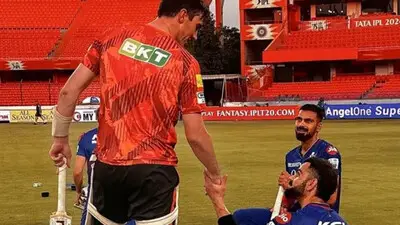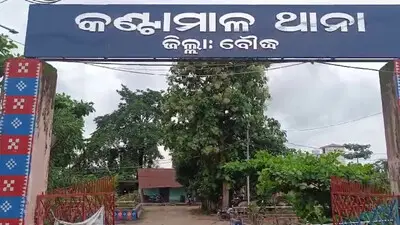Recommended Stories
By Ashutosh Mishra
Bhubaneswar: In Sundergarh, part of Odisha’s tribal heartland, the “adivasis”, as the scheduled caste members are known in the local parlance, are still far from being a part of the decision making process. Their participation in the elections and voting is, by and large, controlled by a handful of community leaders who long ago made a secret pact with the leaders of major political parties for their own personal gains. They have, for all practical purposes, sold out to these vested interests.
This becomes clear as one travels through the constituency, criss-crossing areas like Khutgaon, Bonai, Luhnipara and Rourkela. A trip to the tribal villages across river Koel from Jhirpani is revealing. Hardly anyone in these settlements talks about elections. They don’t even seem to have any personal preferences as far parties and their candidates are concerned. But prod a little and they reveal that money is going to play a big role in the elections this time. More likely than not their choice of candidates would be dictated by who pays them the most.
This is both surprising and painful because these villages only about a year ago were reverberating with the war cry against the state government with Pathargadi movement at its peak. Pathargadi, which literally means a stone slab set into the ground, was an assertion of tribal rights over the gram sabhas and a rebellion against the government.
The stone slabs, which have been an inalienable part of tribal culture as they are used for a variety of purposes including marking the boundaries of villages, forests and graveyards, were inscribed with slogans announcing the rights of the local tribal community over panchyats and their common assets.
The movement had initially shown a lot of promise and received whole-hearted support of the community in Sunderharh district where it had arrived from neighbouring Jharkhand. But its lumpenization was amazingly quick with local industrialists complaining about extortion bids. The leaders of the movement, after its initial success, had diluted the goals and begun making money.
The average tribal, thus, was never really sensitized about his true rights and what he should expect from the government. Like in the past, in this case, too, he became a tool in the hands of self serving leaders of the community who have been in league with non-tribal politicians of major parties for a long time.
There has never really been an honest attempt to address the core issues of tribals like their rights over forest land and forest produce. While tribals in several parts of the state remain uncertain about their future with their claims over forest land having been rejected under the Forest Right Act (FRA), they find themselves frequently in conflict with the state authorities in their bid to harvest minor forest produce (MFP).
A large number of their villages are still bereft of basic facilities including drinking water and electricity. Their education has never been a priority with successive governments which have used them as vote-banks. Politicians of various hues continue to sell them dreams in a bid to further their own interests. The trend continues.
(DISCLAIMER: This is an opinion piece. The views expressed are author’s own and have nothing to do with OTV’s charter or views. OTV does not assume any responsibility or liability for the same)













